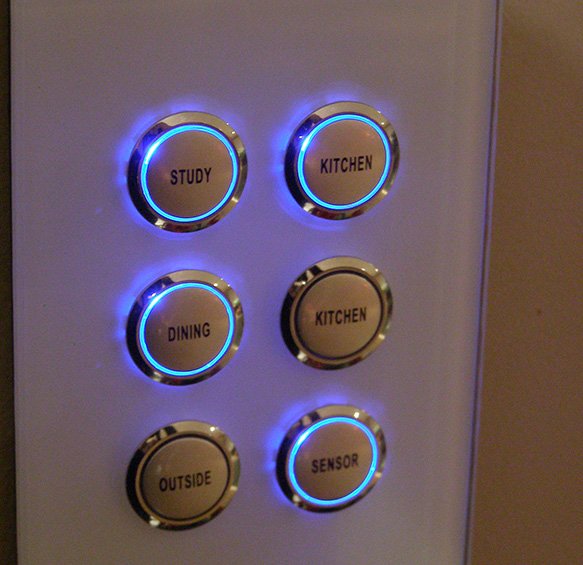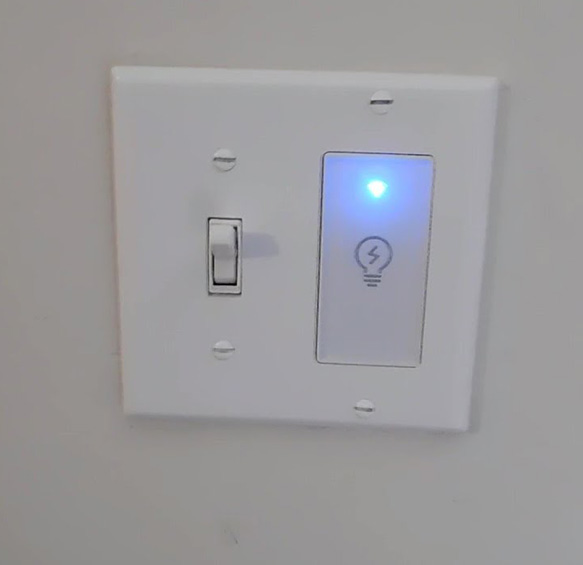Clipsal
Intellectually different
Your home, but smarter
where to start.
There are many ways to turn your home into a smart home. You might be starting small with a stand-alone option that is inexpensive and easily installed, or, you might be building a new house and have a few things in mind to integrated into a more complex system. Whatever your situation, there are things your integrator will want to know before they can give you a good recommendation.
1. Who lives here?
The integrator will need to know who uses your home. For example, are there children who will want to access the technology, or older generations who may not be as familiar with smart devices? Are there likely to be people at home during the day, or is remote access important. Write down your household routines to show your integrator so he or she has a good understanding of how you operate.
2. Budget
You may have grand plans for what you want the technology to do, but if you budget won’t stretch to it now, you might be better off opting for a system which you can easily add to down the track. There are many forms of home automation available. Your integrator will be able to advise how to get the best bang for your buck.


Your home, but smarter
where to start.
There are many ways to turn your home into a smart home. You might be starting small with a stand-alone option that is inexpensive and easily installed, or, you might be building a new house and have a few things in mind to integrated into a more complex system. Whatever your situation, there are things your integrator will want to know before they can give you a good recommendation.
1. Who lives here?
The integrator will need to know who uses your home. For example, are there children who will want to access the technology, or older generations who may not be as familiar with smart devices? Are there likely to be people at home during the day, or is remote access important. Write down your household routines to show your integrator so he or she has a good understanding of how you operate.
2. Budget
You may have grand plans for what you want the technology to do, but if you budget won’t stretch to it now, you might be better off opting for a system which you can easily add to down the track. There are many forms of home automation available. Your integrator will be able to advise how to get the best bang for your buck.

3. Devices
If there are smart home devices or appliances you already have, or ones that you know you definitely want, these will be pivotal to the rest of your smart home system. Be clear with your integrator if you have your heart set on something specific.
4. Motivation
Letting your integrator know why you want a smart home will help them ensure your objectives are met. Perhaps you want the technology to provide you with a more convenient, comfortable lifestyle. Perhaps you want the technology to be on show. Or perhaps you love the way the technology works, and would like to be hands-on in setting it all up. Whatever the case, these details are important to share.
